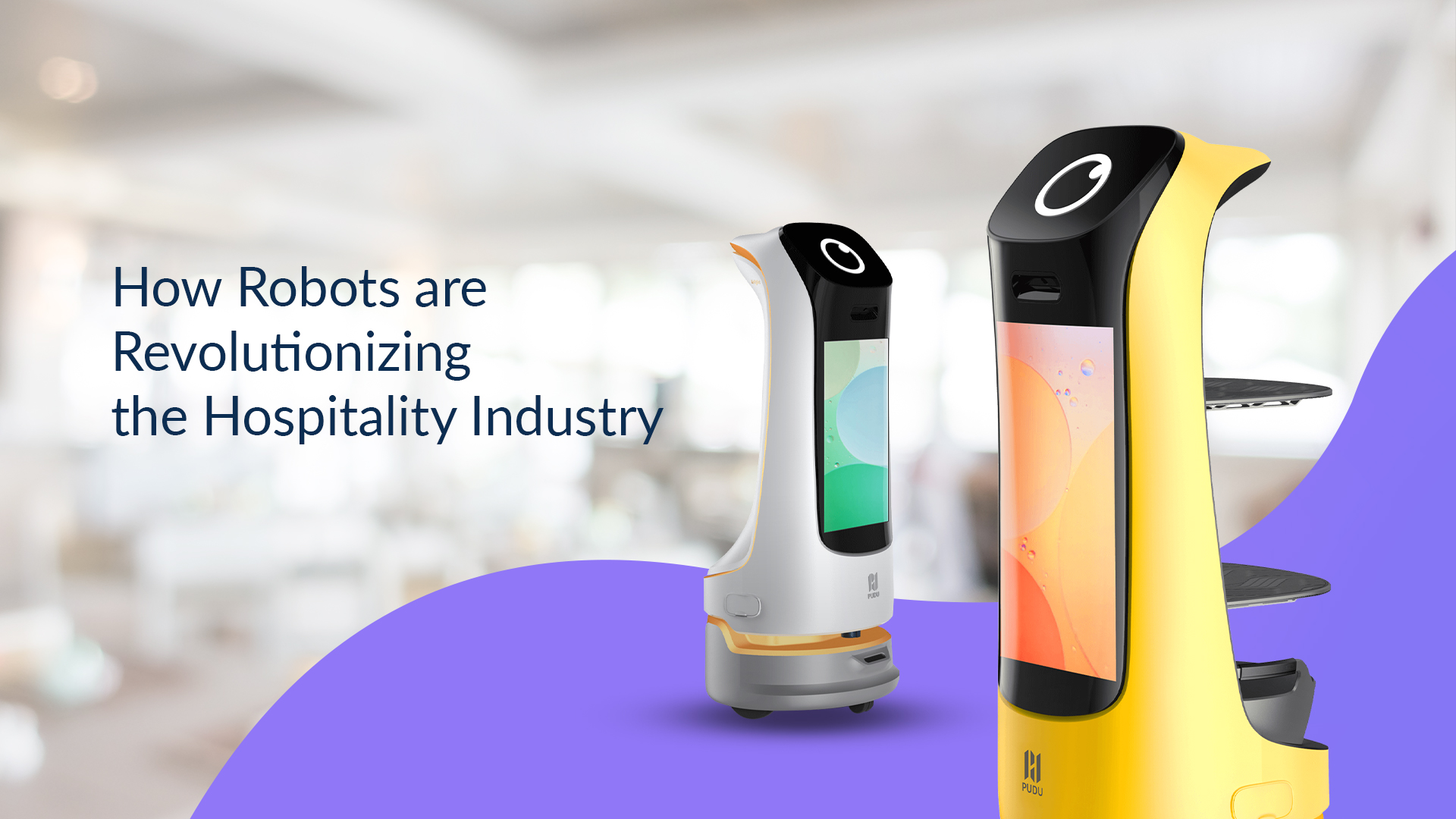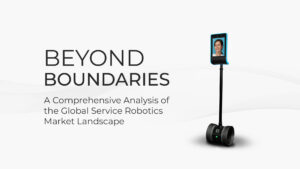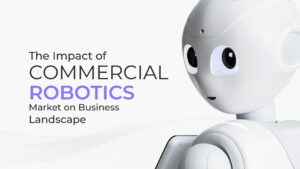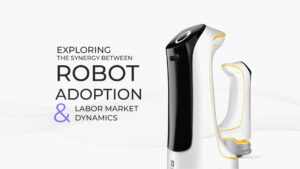In today’s fast-paced world, technology continues transforming industries, and the hospitality industry is no exception. As we embrace the digital age, hotels, restaurants, and resorts are finding new ways to enhance the guest experience while optimizing operational efficiency. One remarkable development that has caught the attention of visitors and industry professionals is integrating robotics into the hospitality industry.
Once the realm of science fiction, robots are now becoming a reality in hospitality as the industry has continually embraced new technologies to provide a better customer experience. These intelligent marvels perform tasks ranging from concierge to housekeeping to food and beverage delivery. With their precision, speed, and unwavering attention to detail, robots have proven invaluable assets in delivering a seamless and unique guest experience.
This blog will delve deeper into the fascinating world of robots in the hospitality industry. We will explore the various robots in use, their roles, and their incredible impact on guest experiences. Join us as we discover cutting-edge technologies, real-world applications, and future possibilities that are changing the hospitality landscape. Welcome to this era of intelligent hospitality, where human intelligence and robotic innovation combine to provide unforgettable experiences.
Robots in the hospitality industry
Robots are increasingly used in the hospitality industry to streamline operations and enhance the guest experience. These robots are designed to perform various tasks, such as greeting guests, helping guests to find their designated rooms, providing room service, and even concierge services. By automating these tasks, hotels can save time and resources while ensuring consistent operations and freeing their internal resources for more complex tasks.
Robots for hotels
Hotels have started incorporating robots into their operations to improve efficiency and service quality. For example, some hotels deploy receptionist robots like Pepper that can approach guests, provide information about hotel amenities, and even recommend local attractions to these robots with artificial and natural intelligence to use language processing to understand guest questions and provide appropriate responses.

In addition to reception robots, hotels also use robots for housekeeping. These robots can clean and organize hotel rooms, reducing the workload of human workers and reducing the time it takes to change rooms between guests. Some robots are even equipped with sensors to detect any maintenance issues, allowing them to take immediate action.
Hospitality robot benefits
The integration of robots in the hospitality industry offers a myriad of benefits. Firstly, these technological geniuses are available around the clock, ensuring prompt and efficient service regardless of the time of day. Robots don’t require breaks, rest, or sleep, making them ideal for fulfilling guest requests promptly and without delay.

Moreover, robots bring a new level of consistency and accuracy to various operations. They are programmed to perform tasks flawlessly, reducing the likelihood of human errors. Whether it’s delivering room service, providing directions, or engaging in multilingual conversations, robots ensure that guests receive accurate information and a consistently high standard of service.
Additionally, robots in the hospitality industry contribute to improved safety and hygiene practices. Cleanliness and minimizing physical contact have become paramount concerns during the global health crisis. Robots can sanitize rooms, common areas, and high-touch surfaces with precision and consistency, minimizing the risk of infections. Their contactless delivery of goods and services adds an extra layer of safety, promoting peace of mind for guests and staff.
Furthermore, introducing robots in the hospitality industry allows human staff to focus on more personalized and high-value tasks. By automating routine tasks, hotels can free up their staff’s time to engage with guests, provide personalized recommendations, and solve complex problems. This ultimately leads to a more enriching guest experience and fosters stronger guest-staff relationships.
The future of hospitality robots
As technology advances, robots’ role in the hospitality industry is expected to expand further. We can anticipate the development of more sophisticated robots that can perform a broader range of tasks and interact with guests more naturally. These robots may be able to learn and adapt to individual guest preferences, further enhancing the level of personalized service.

While some may express concerns about the potential loss of jobs, integrating robots in the hospitality industry is more than just replacing human workers but augmenting their abilities. Human employees can focus on more personalized and meaningful interactions with guests by delegating repetitive and time-consuming tasks to robots. This enhances customer satisfaction and loyalty, as guests appreciate human warmth and robotic efficiency.
In conclusion, robots are instrumental in revolutionizing the hospitality industry. With their ability to automate tasks, improve efficiency, and enhance guest experiences, robots quickly become an integral part of hotels and other hospitality establishments. As we look to the future, it is exciting to imagine the new possibilities that robots will bring to this industry, making the guest experience even more exceptional.
Drop Us A Line
Error: Contact form not found.




